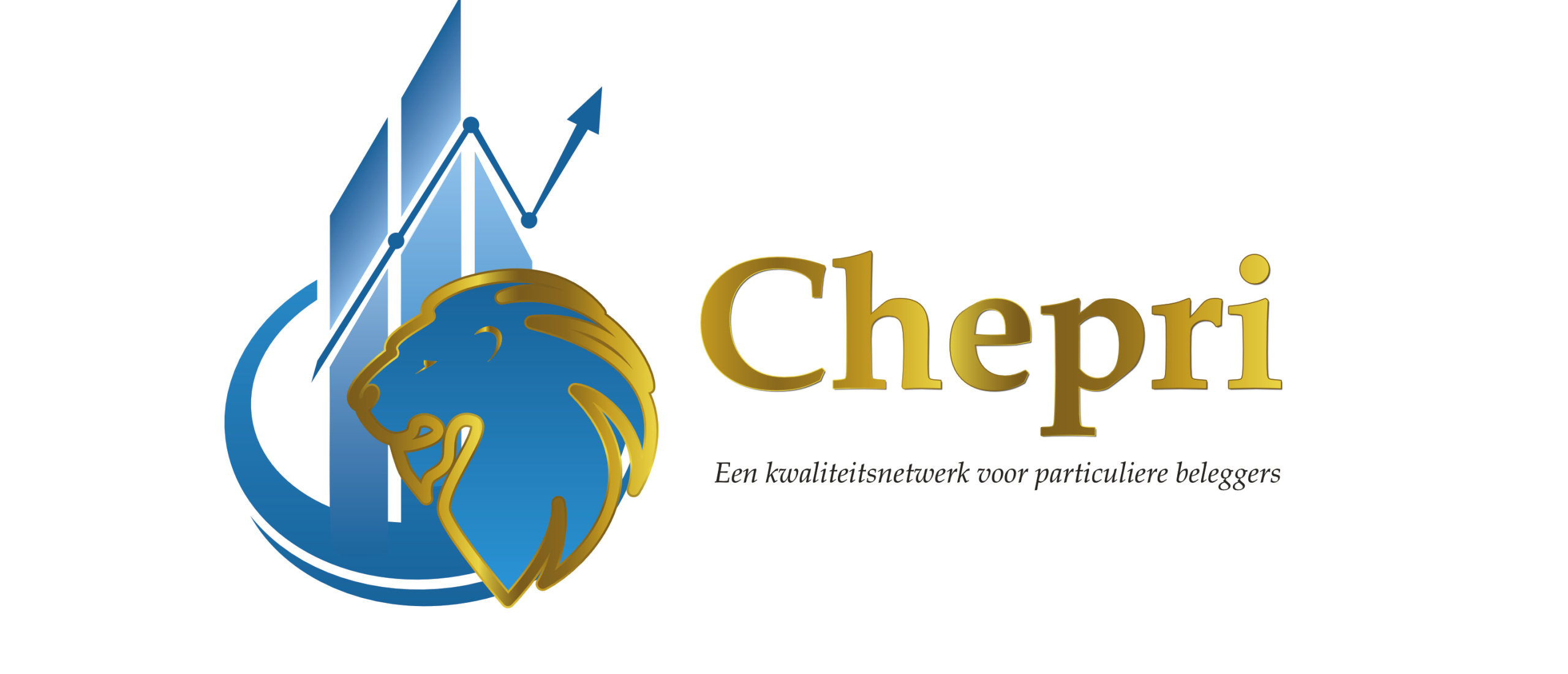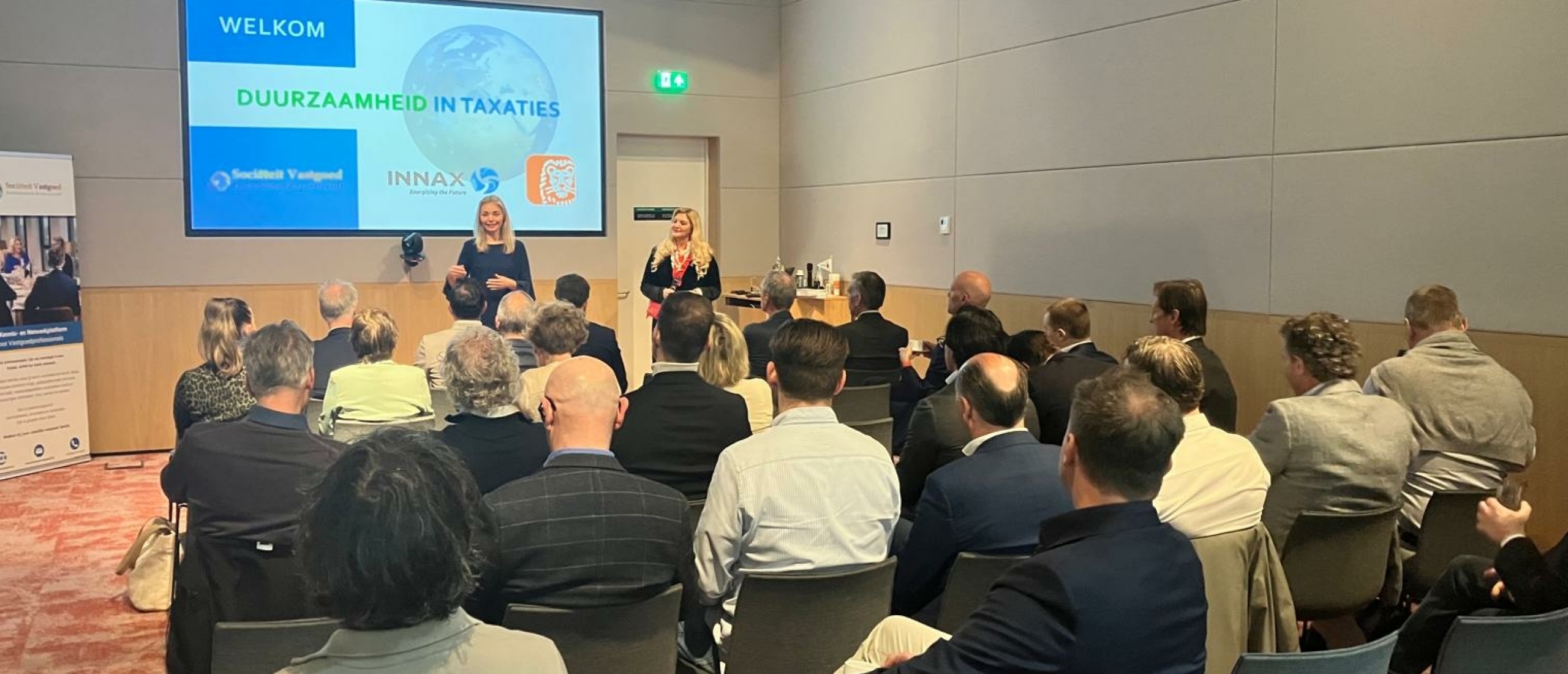
What a great way to start 2024!
The newly assembled team of property management specialists engaged in a comprehensive discussion about their field with a focus on the future of real estate, and we are excited to share the insights from this dialogue.
- Jean Paul Rouwette, Michiel Ijzerman, Sandra Heymans, Johan van Haaster, Wouter Schuil, Claudia van Haeften and Sander Groot.
The future of property management
The future of property management is evolving rapidly, driven by technological advancements and changing market dynamics. Here are key insights and actionable steps for property management professionals at the executive level to navigate these changes and position their organizations for success:
1. **Embracing Property Technology (PropTech)**: The integration of IT and real estate through PropTech is revolutionizing the industry. Virtual reality for property tours, augmented reality for repairs and maintenance, and smart homes are transforming how real estate is researched, bought, sold, and managed. Action steps include experimenting with virtual tour software, smart home technologies, and property management apps, as well as investing in staff training to keep up with the latest trends.
2. **AI Integration in Property Management**: AI-powered systems offer solutions like predictive maintenance and improved tenant experience through virtual assistants and chatbots. Property management companies should identify areas where AI can improve efficiency and partner with tech companies for the right tools and training.
3. **Enhancing Tenant Experience**: A focus on tenant satisfaction is crucial. This involves establishing communication platforms for feedback and leveraging technology to streamline processes and offer convenient services like online rent payments and maintenance requests.
4. **Adapting to Work Models and Building Systems**: With the rise of hybrid work models, property managers must reassess office space utilization and invest in building systems that support sustainable practices and a healthy work environment.
5. **Sustainability Initiatives**: Incorporating green initiatives in building operations and maintenance can minimize environmental impacts while driving social and economic advantages. Action steps include retrofitting for energy efficiency and involving the community in sustainability initiatives.
6. **Disaster Planning**: A strategic approach to business continuity and disaster planning is essential. This includes establishing response protocols, keeping data backups, and regularly testing and refining emergency plans.
7. **All-in-One Cloud-Based Platforms**: The demand for easy-to-use, full SaaS platforms is growing. These platforms aid in workflow automation, meet changing rental regulations, optimize financial management, and enhance confidence in financial and operations reports.
8. **Real Estate 'As-a-Service' Models**: Space-as-a-Service, Software-as-a-Service (SaaS), and Data-as-a-Service models are gaining popularity. They offer benefits like improved tenant experience, automated workflows, centralized data management, and long-term cost efficiency.
9. **AI Property Management Software Trends**: AI lease abstraction tools and AI chatbots for tenants and property managers are becoming increasingly important. They optimize time and resources, reduce legal risks, and automate repetitive tasks.
10. **Portfolio Expansion Amidst Economic Headwinds**: Property management companies (PMCs) are actively recruiting growth-oriented clients and considering acquisitions to expand their portfolios. This proactive approach demonstrates the resilience of the industry.
11. **Rising Operational Costs**: PMCs are facing increasing insurance premiums and property taxes. Innovating in cost management and revenue generation is key to navigating these financial pressures.
12. **The Human Touch in Property Management**: Building relationships with tenants and community development are vital aspects of property management. Companies that prioritize customer service and community engagement are more likely to succeed.
13. **Overcoming Operational Challenges**: Challenges like leasing coordination and maintenance are being met with innovative solutions, including property management software and AI integration.
14. **Technology for Competitive Advantage**: The adoption of technology, such as online payment systems and mobile apps for maintenance requests, is crucial for streamlining operations and enhancing the tenant experience.
15. **Catering to Rental Owners’ Service Demands**: Aligning services with rental owners’ priorities, like maintenance and repairs, financial reporting, and benchmarking, is essential for client retention and acquisition.
16. **Proactive Maintenance and Repair Strategies**: Implementing proactive maintenance approaches can reduce repair times and improve tenant satisfaction.
17. **Vendor and Handyman Challenges**: Developing robust vendor networks and in-house maintenance teams can mitigate the scarcity of reliable vendors and handymen.
18. **Differentiation Through Service Excellence**: Quick response times and high tenant retention rates can set a PMC apart in the marketplace.
19. **Financial Health of Rental Owners**: PMCs that add tangible value to investment properties can significantly improve the financial performance of rental owners.
In conclusion, property management professionals should adapt to these emerging trends and challenges by leveraging technology, enhancing tenant experience, and innovating in operations and sustainability to ensure growth and success in the evolving property management landscape.











